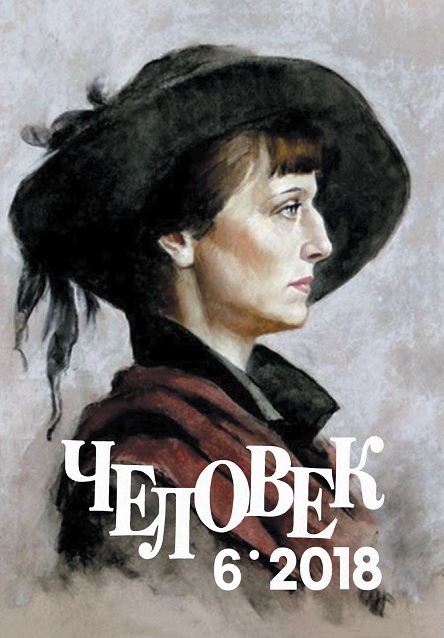On Forms and Contеnt of Moral Precepts in the Catholic Devotional Literature of the Early Modern
Keywords:
Catholic devotional literature, Early Modern Time, paradigm shift, obigations, justiceAbstract
The article deals with the main forms and content of moral precepts addressed to believers, as well as with the transformation of the established by the early Scholastics triple classification of the sin: the sin against God, against oneself, and against others, into the concept of the triple duties: to God, towards oneself, and to others. These triple duties are further analyzed on the basis of various genres of the sixteenth and seventeenth century Catholic instructive writings, such as mirrors of sins and virtues, sermons “ad status”, the socalled “home tables”, texts of the “examine of consciousness”, and catechisms. The duties to others are revealed in the devotional literature through the prism of justice, which is regarded as the basic principle of the regulation of interhuman relations. The orientation of this literature on the practical preparation for confession explains the preoccupation of the “popular” religious discourse with the negative morality and the definition of moral demands in the form of negative obligations and prohibitions. A gradual shift from negative to positive obligations in the eighteenth century, found both in treatises on moral theology and in the popular devotional literature, is accompanied by an increase in the degree of rigorism of moral demands imposed on Christians, which was reflected, among other things, in the process of “social disciplining”.






